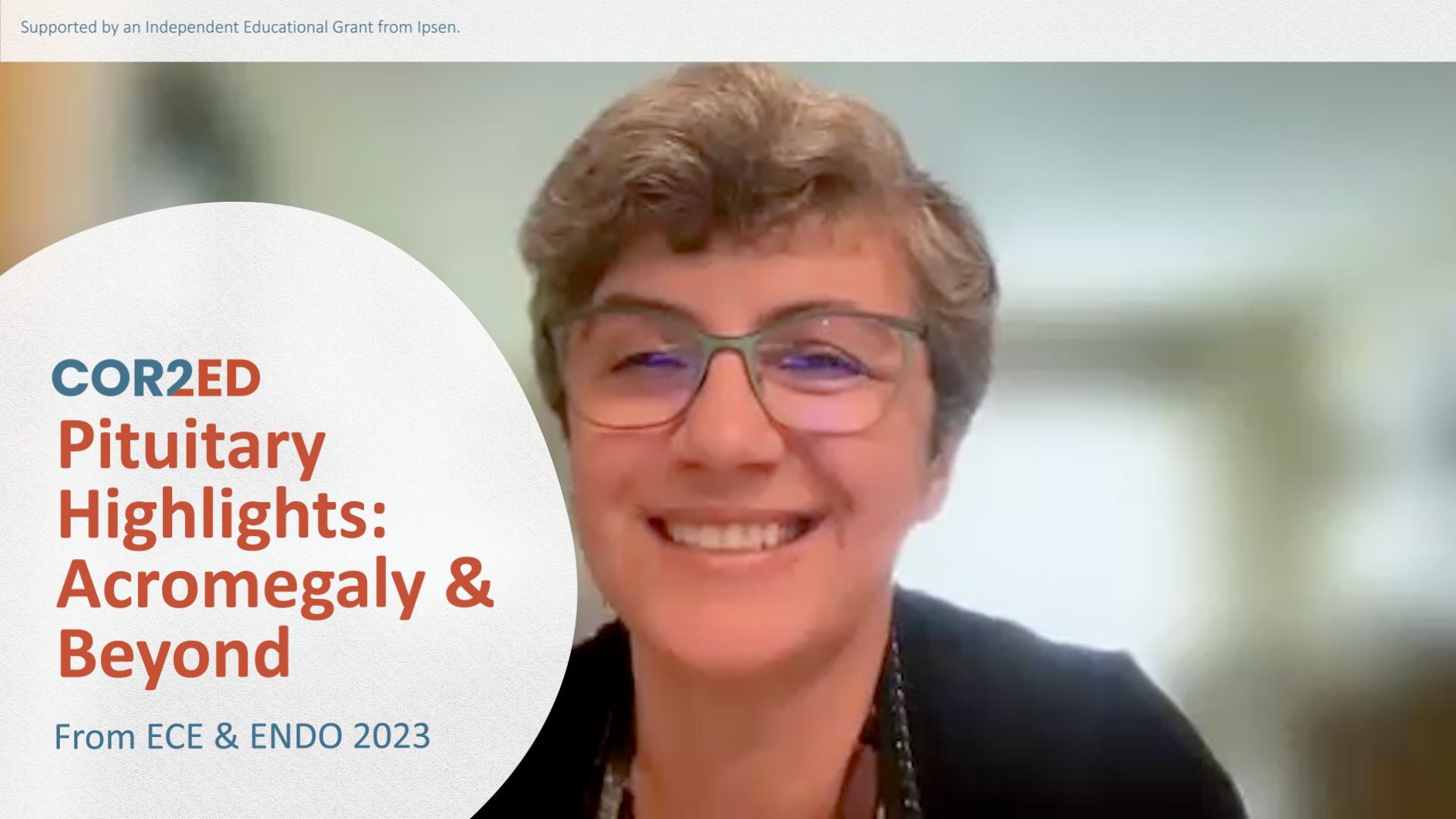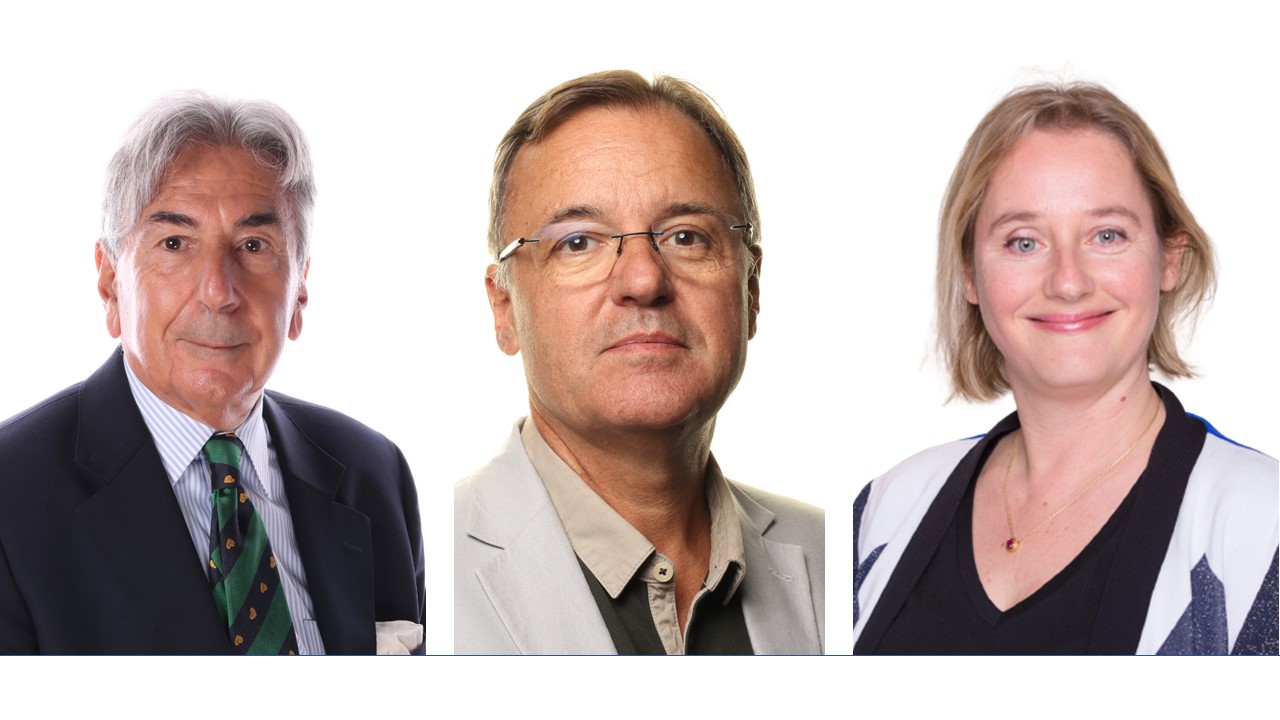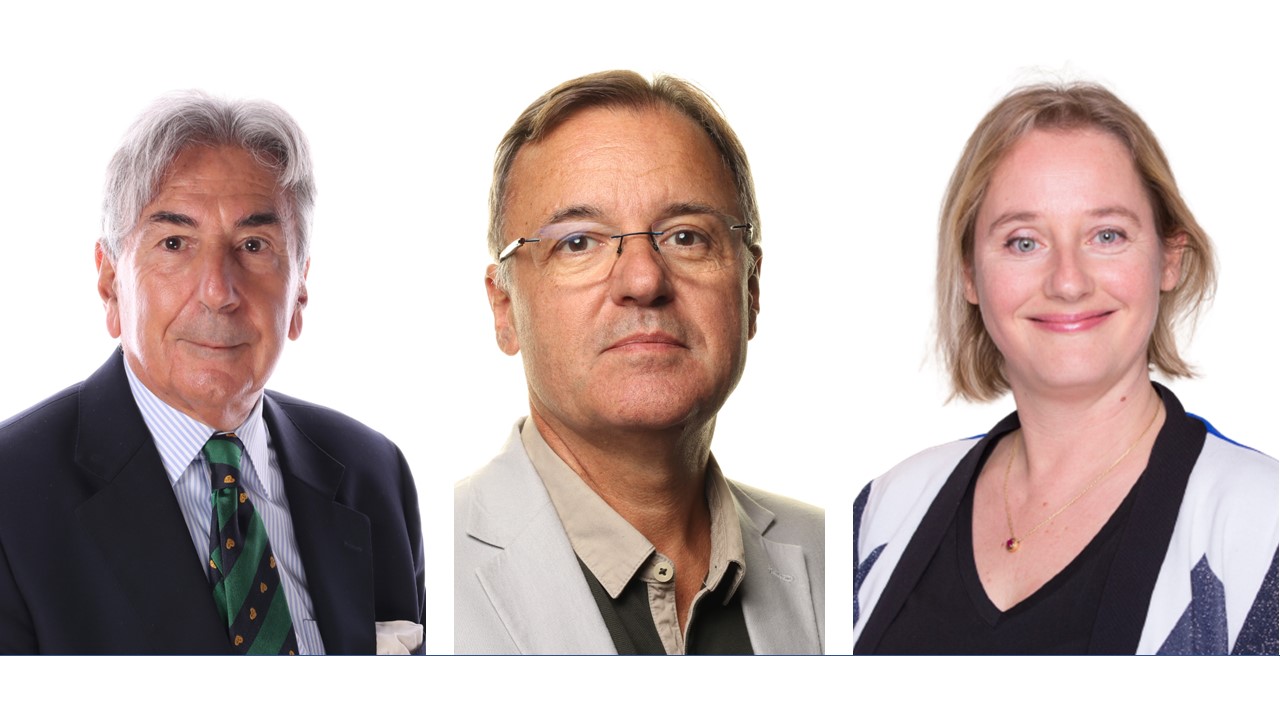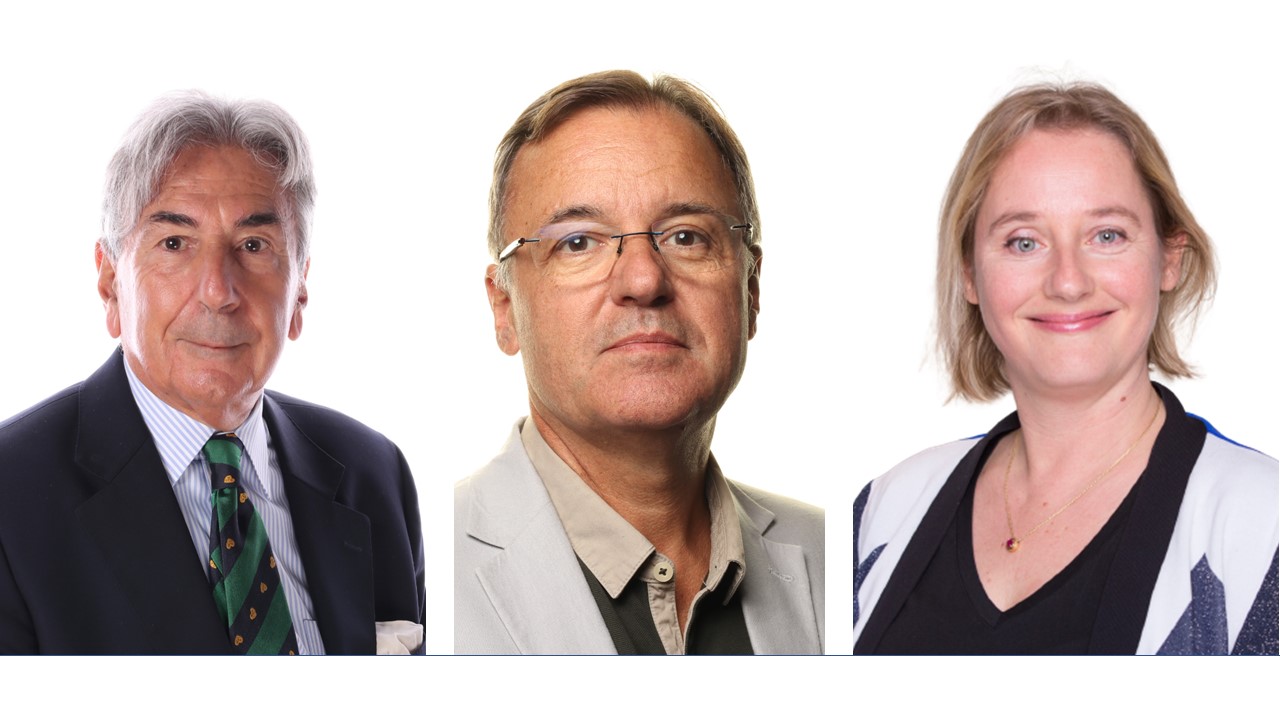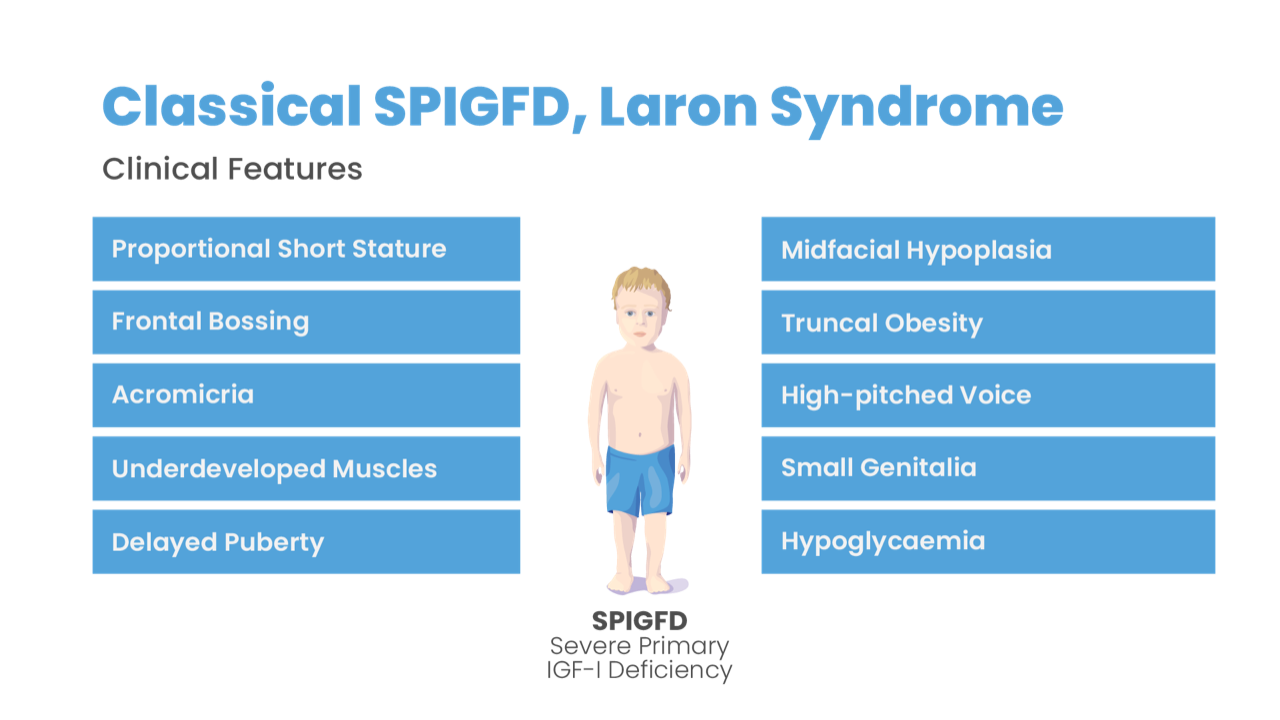Learning outcomes
On completion of this e-learning course you will have an understanding of:
- Key aspects of genetic testing in Familial Hypercholesterolaemia (FH)
- How and why to test
- How to interpret results
- How to treat patients with FH
- How to use cascade screening to identify related individuals at risk
Target audience
Cardiologists and Lipidologists
Summary of content
Heterozygous Familial Hypercholesterolaemia affects approximately 1 in 200–500 births, and patients with this hereditary disease are at markedly higher risk of cardiovascular disease. Early diagnosis and screening are key for improving outcomes in FH patient and yet rates of diagnosis of FH remain low in most parts of the world. Learn more about FH, its diagnosis and management alongside four global experts in the field by taking this e-learning course.
Expert contributors
- Prof. Alain Carrié, University Hospital Pitié Salpêtrière, Paris, France
- Prof. Eric Bruckert, University Hospital Pitié Salpêtrière, Paris, France
- Prof. Christie Ballantyne, Baylor College of Medicine, Houston, USA
- Prof. Christine Eng, Baylor College of Medicine, Houston, USA
Duration of training
Duration of training: It is expected that you will need at least one hour to review the full content of this training before you will be able to take the final assessment in order to receive 1 ECMEC®.




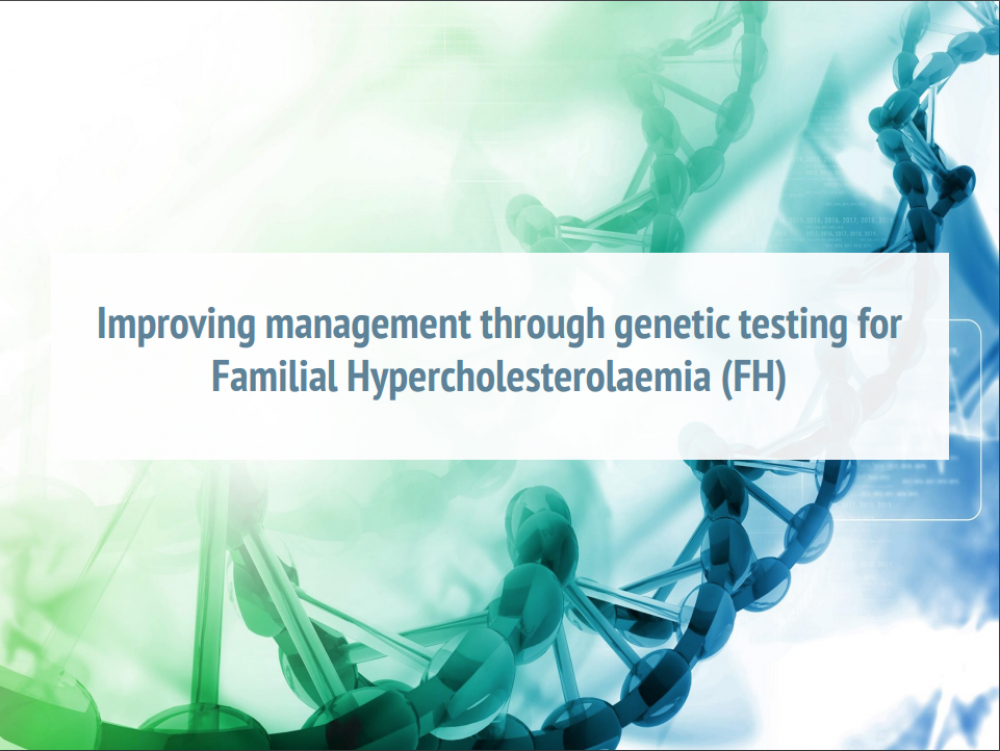
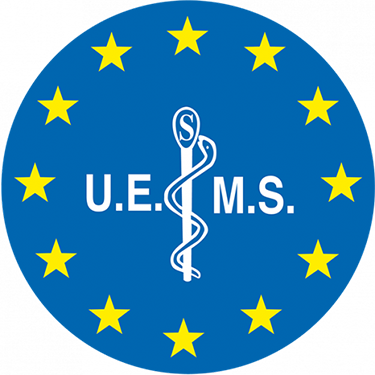
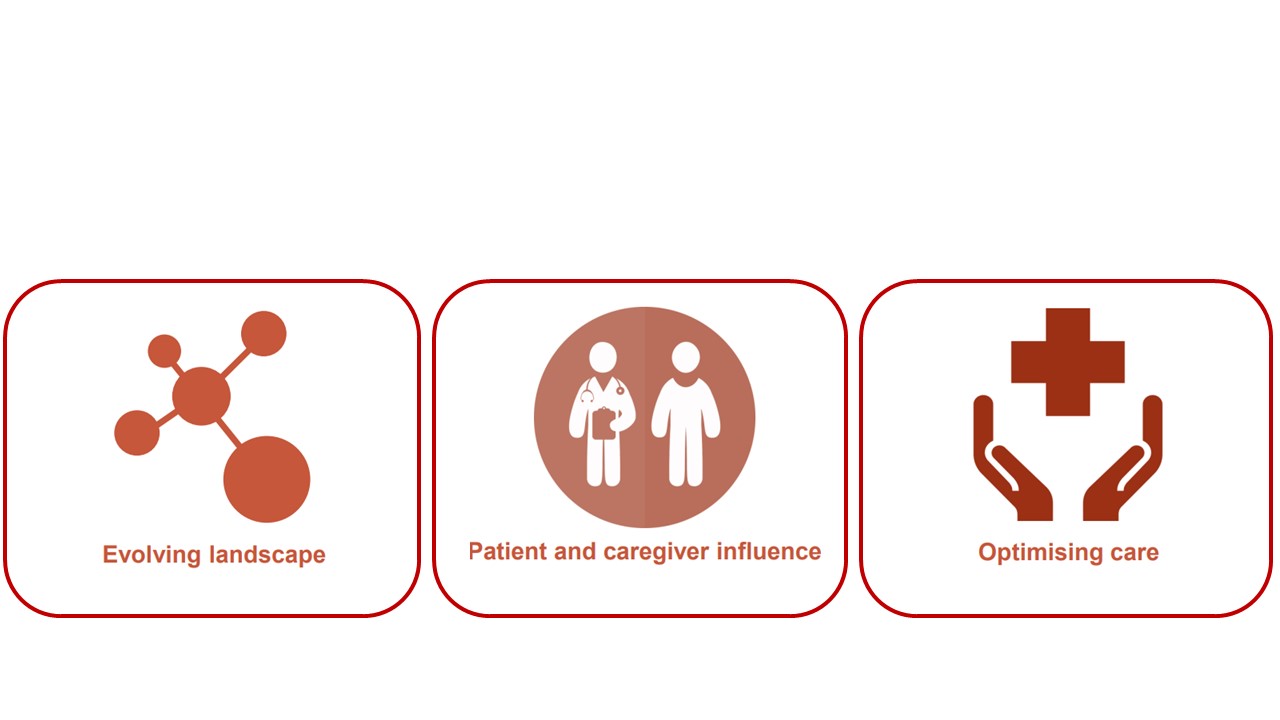
 Downloadable
Downloadable  15 MIN
15 MIN
 Aug 2023
Aug 2023 